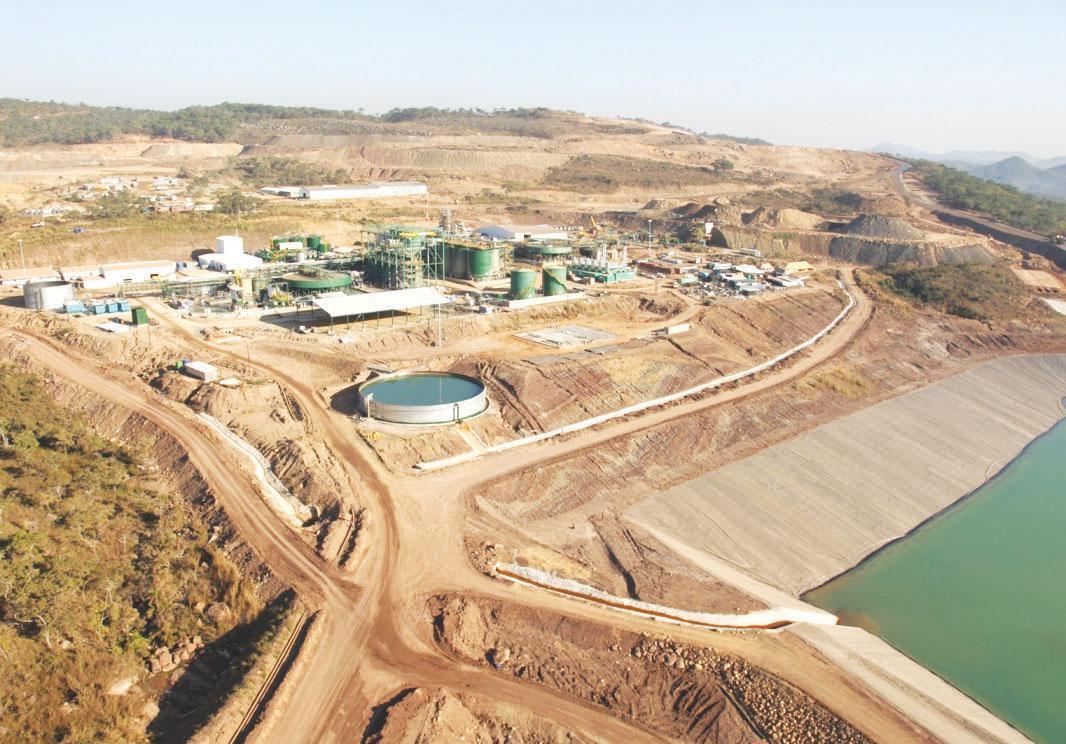By Bernadetta Chiwanda
Africa-Press – Malawi. Malawi’s mining sector has the potential to generate $3 billion— equivalent to what the country requires to import essential commodities such as fuel, medicines and farm inputs— annually.
This is according to revelations made at the 3rd Edition of Standard Bank’s Growth Conversations Forum recently.
The forum brought together stakeholders from the government, private sector, development partners and members of the diplomatic corps to discuss pathways for economic recovery through the Agriculture, Tourism, Mining and Manufacturing (ATMM) Strategy.
A white paper published by the bank indicates that presenters at the forum highlighted that the mining sector is viewed as a “game-changer” with potential to help Malawi quickly resolve its fiscal crisis by boosting foreign currency flows.
The forum noted that Zimbabwe relies on gold exports mostly from artisanal miners, Tanzania on diamond exports, while Zambia depends on copper exports, all of which help offset import bills and stabilise the balance of payment.
This comes against the background that Malawi’s minerals, including uranium, Rare earth (monazite), niobium, mineral sands, graphite and tantalum are in high demand globally for application in clean energy electric vehicles, mobile communications technologies, wind turbines and nuclear power.
“In the Rift Valley and Southern Africa region, Malawi is the odd one out to solely depend on an agricultural commodity, tobacco, for foreign currency when other countries have a key mineral export that complements agriculture to offset import bills,” the white paper notes.
However, the forum identified several challenges hampering the sector’s development, including delays in concluding mining development agreements (MDAs), inadequate energy and transport infrastructure and limited capacity of cross-government regulatory bodies.
Key recommendations emerging from the forum include decisive and timely government action to conclude mining deal negotiations, fast-tracking of MDAs to unlock desperately needed foreign currency flows and building capacity of inter-governmental implementation mechanisms.
Standard Bank Chief Executive Phillip Madinga, who also serves as President of the Bankers Association of Malawi and Commissioner on the Board of the National Planning Commission, reiterated the bank’s commitment to facilitating dialogue aimed at charting pathways toward economic rehabilitation.
“These conversations are a catalyst for action, as what we agree in this forum gets followed through with tangible results. Since 2022, we have seen some reforms gaining traction after their tabling on this platform,” Madinga said.
The forum also heard that the country urgently needs to diversify its energy sources from hydroelectricity, with current installed capacity of 556 megawatts (mw) being inadequate to meet demand from emerging sectors such as mining, manufacturing and agriculture, which require over 1,300mw.
Other key recommendations included establishing transparent mining revenue management systems, implementing clear governance in mining licensing and developing community benefit-sharing mechanisms to ensure mining activities benefit local communities.
The forum noted that achieving Malawi 2063 vision targets requires gross domestic product growth above 6 percent, demanding immediate reforms, financing innovations and strong cross-sector coordination, with private investment and exports forming the backbone of policymaking.
National Bank offered us various financial services which are Sharia compliant. We were one of the first clients to be provided with this facility.
“The struggles are there about forex but NBM gives us an opportunity when there is one,” Tutla said.
ZAMM Investments was among the SMEs that showcased their products on SME Exhibition Day, which attracted 50 enterprises from across Malawi.
The bank’s SME support programme includes Sharia-compliant financial services, with ZAMM Investments being among the first clients to access such facilities.
Source: The Times Group
For More News And Analysis About Malawi Follow Africa-Press






